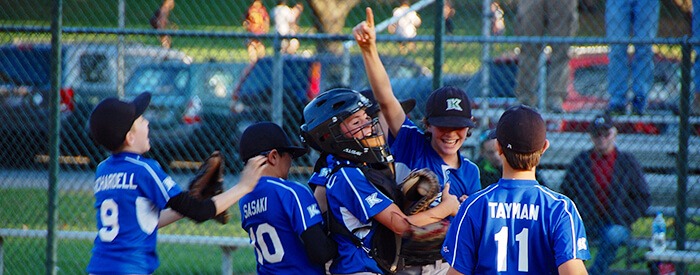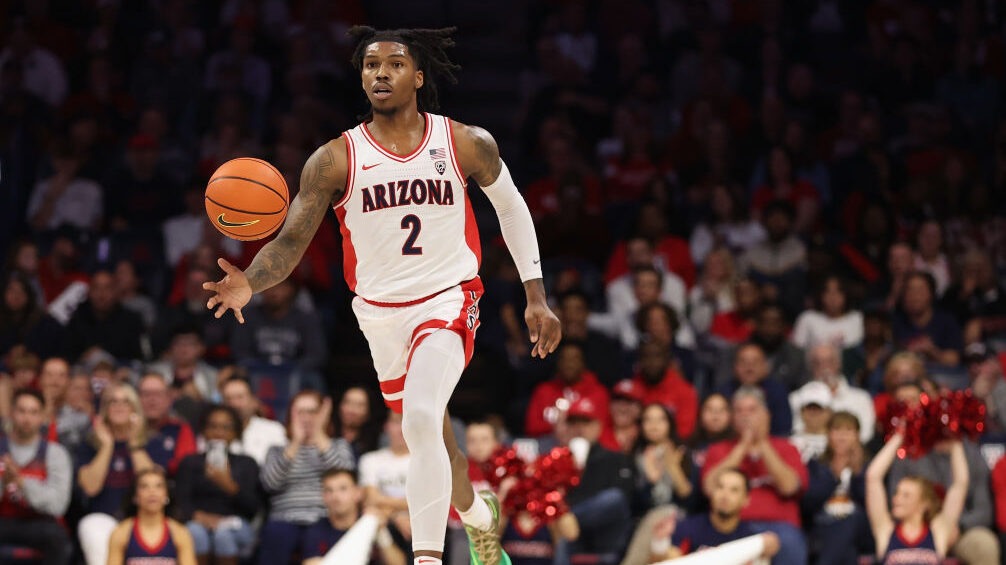With all the controversy surrounding the NCAA and the topic of “student athletes” and amateurism, I turn to the World Series of small leagues. Now let’s look at the facts and make a brief contrast between the two:
Both are teenagers participating in a competition with strict eligibility and playing time rules, dealing with injury issues and considering them amateurs
Both will be televised nationwide, which means that the media revenues will be used for the event
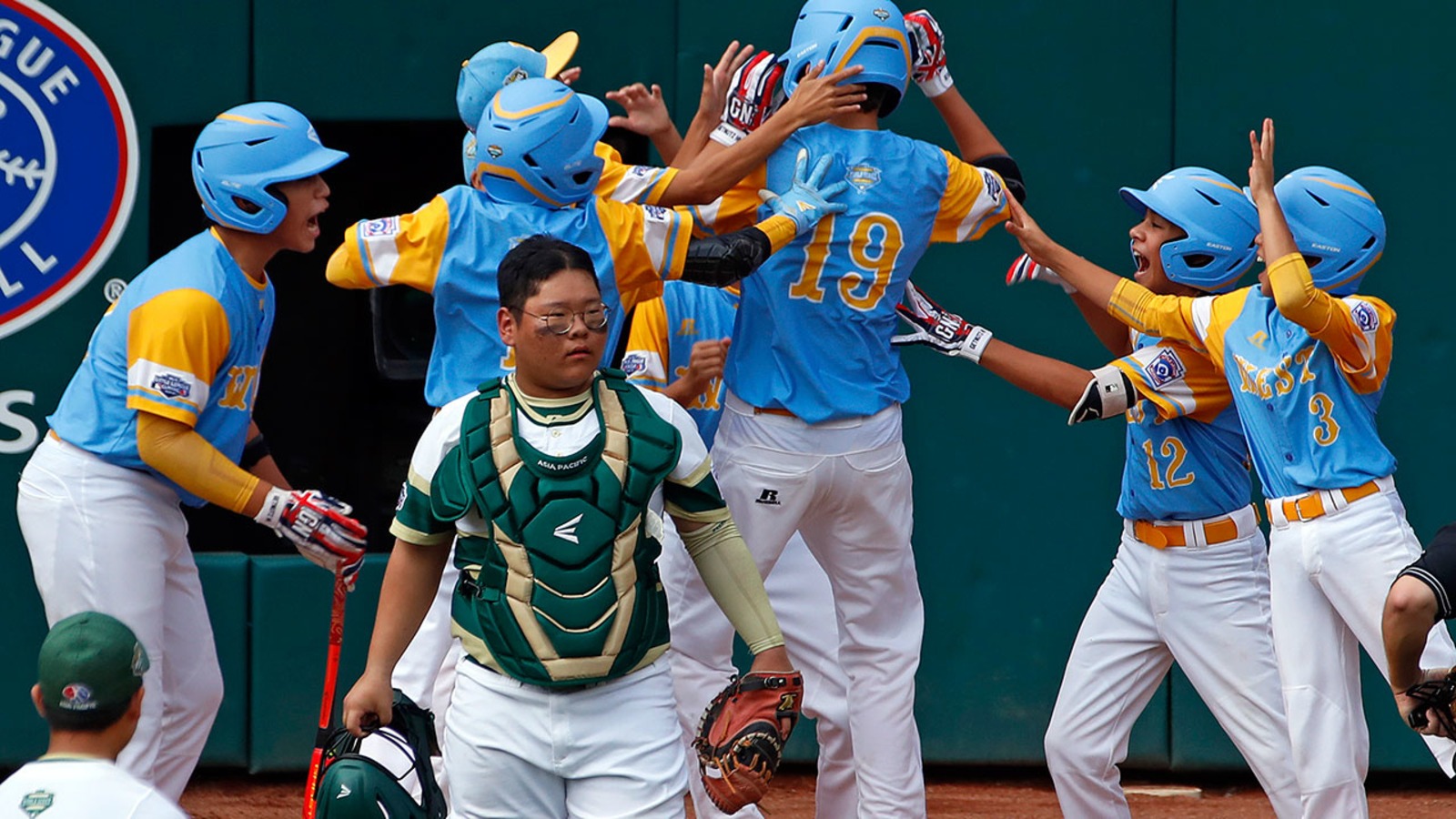
Both require that some players and coaches be interviewed by the media
August 2014) Players (or their parents) will not receive any compensation for their participation
Well, the Little League world Series probably brings in a fraction of the revenue from college sports, but that doesn’t automatically invalidate my view of the revenue. However, I have an idea. It’s not perfect, but it’s theoretically a way to make sure that the LLWS aren’t suffering from the same kind of public shaming that the NCAA is currently receiving from the media.
Starting next year, in 2015, the Little League World Series is to establish a scholarship fund for its alumni, who will eventually go to college and not receive a scholarship for it. The contributions would amount to 10% of the llws media and all advertising revenue, as well as all possible private donations.
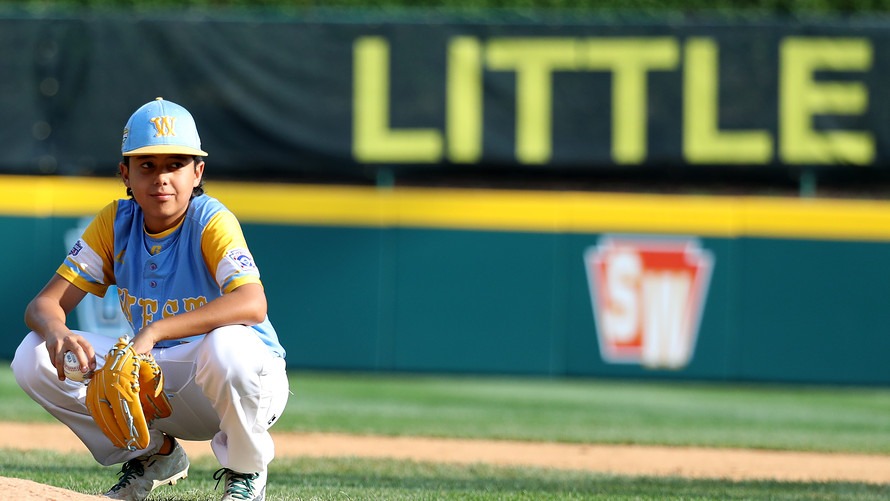
In this way, young athletes are rewarded for participating in teams, but they need to earn this reward by avoiding trouble, getting good grades in school and getting extra money for their college years, which is becoming more and more expensive. It can be used only for post-secondary education and is available only to students who have not received a sports scholarship, although a student-athlete who loses one can apply for it retrospectively.
However, one problem is that, at least in my opinion, the fund would not be retroactive, as this would put too much strain on the system before it has a chance to withdraw. I admit, this is unfair, but it also follows the precedent that changes in the NCAA seem to bring.
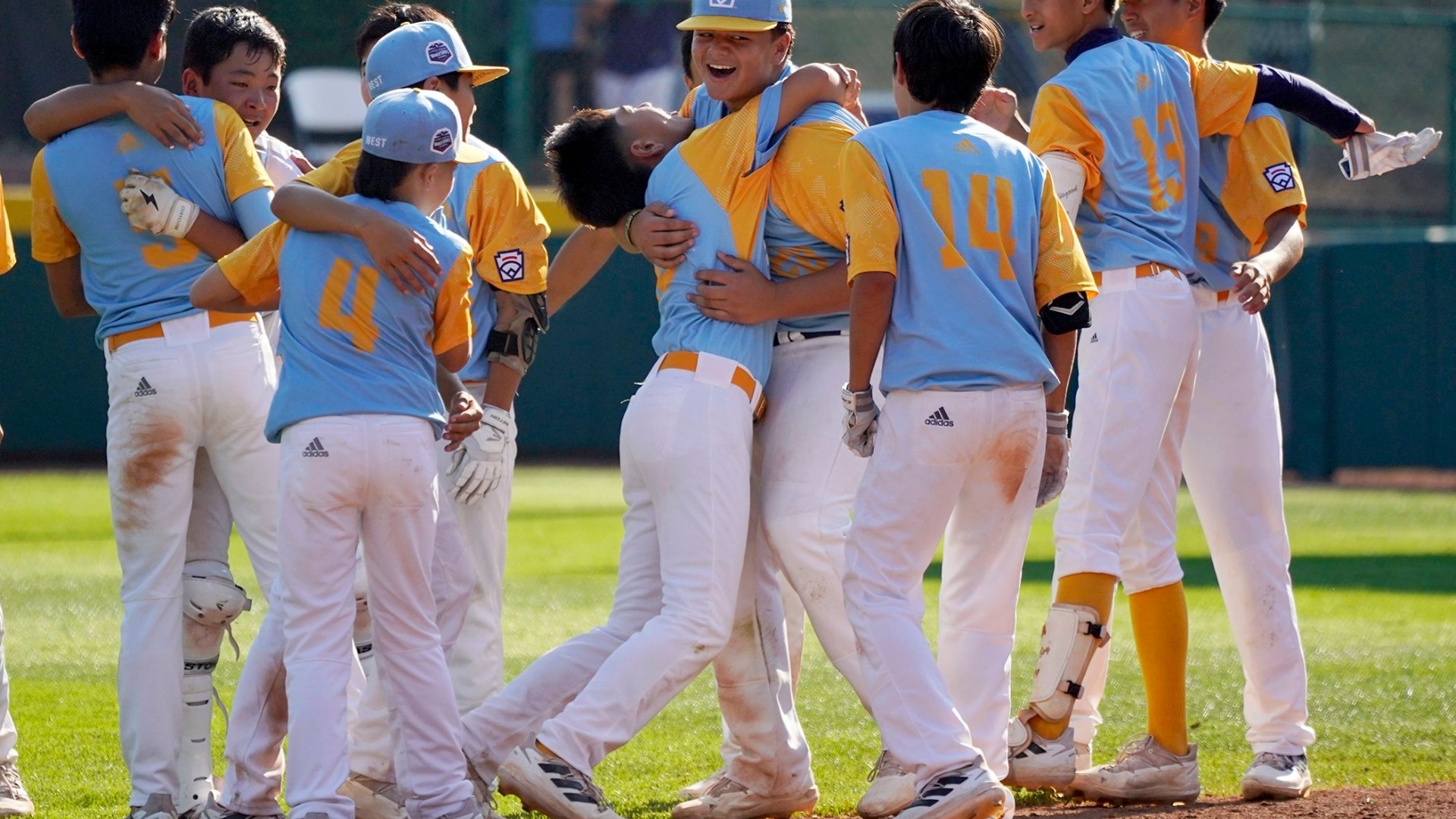
My idea is simple: to reward good children with participation income from the event they attended when they were younger. Since revenues are likely to increase due to the growth of other live events, and the first round of Qualifying events is not expected to last more than four years, this would allow the system to grow and implement in such a way that it would not collapse immediately, would theoretically be able to maintain stability and solvency, and would give fund managers time to prepare for applications and admission tests.
That’s my idea. I am looking forward to any thoughts, comments, review and other ideas that you might have. Please leave them in the comments. Thanks for reading!

